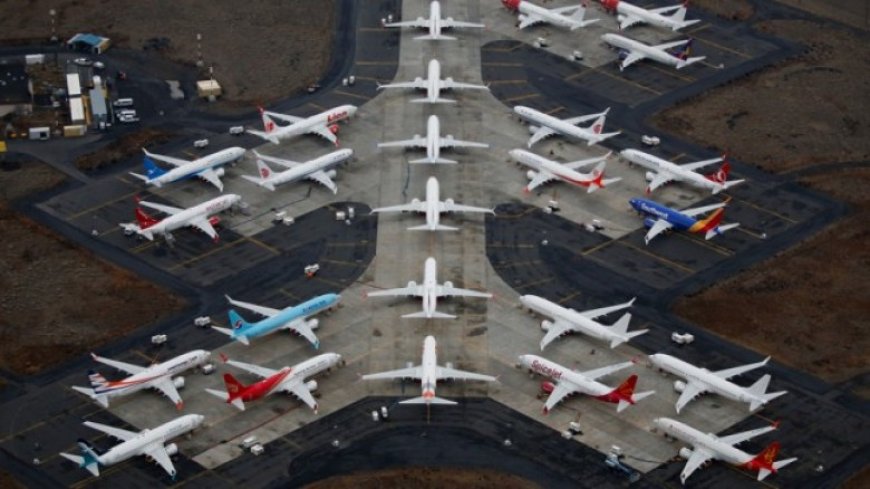Boeing’s 737 MAX will fly again after 2 air disasters grounded them for 20 months
The 737 MAX crashes in Indonesia and Ethiopia killed 346 people within five months in 2018 and 2019 and triggered a hailstorm of investigations, frayed US leadership in global aviation and cost Boeing some $20 billion.

The 737 MAX crashes in Indonesia and Ethiopia killed 346 people within five months in 2018 and 2019 and triggered a hailstorm of investigations, frayed US leadership in global aviation and cost Boeing some $20 billion.
The US planemaker's best-selling jet will resume commercial service facing strong headwinds from a resurgent coronavirus pandemic, new European trade tariffs and mistrust of one of the most scrutinized brands in aviation.
"Our family was broken," Naoise Ryan, whose 39-year-old husband died aboard Ethiopian Airlines flight 302, said on Tuesday. "We are suffering and we'll most likely continue to suffer for a very long time, if not for the rest of our lives."
The 737 MAX is a re-engined upgrade of a jet first introduced in the 1960s. Single-aisle jets like the MAX and rival Airbus A320neo are workhorses that dominate global fleets and provide a major source of industry profit.
American Airlines plans to relaunch the first commercial MAX flight since the grounding on December 29. Southwest Airlines, the world's largest MAX operator, does not plan to fly the aircraft until the second quarter of 2021.
"The FAA's directive is an important milestone," said Stan Deal, head of Boeing Commercial Airplanes. "We will continue to work with regulators around the world and our customers to return the airplane back into service worldwide."
Leading regulators in Europe, Brazil and China must issue their own approvals for their airlines after independent reviews, illustrating how the 737 MAX crashes upended a once US-dominated airline safety system in which nations large and small for decades moved in lock-step with the FAA.
When it does fly, Boeing will be running a 24-hour war room to monitor all MAX flights for issues that could impact the jet's return, from stuck landing gear to health emergencies, three people familiar with the matter said.
Shares jumped 5.7% to $221.95 premarket and were on track for their highest level since early June.



 admin
admin 

















